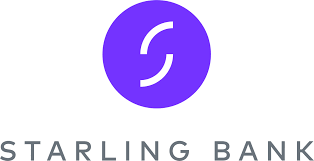
If you will stay in the UK for more than 3 months, it may be useful to open a bank account in the UK.
We recommend:
Monzo is a mobile only bank. You will need a UK address to apply. You can apply for this account from your home country and send it to your accommodation in the UK. You can control the card from the Monzo app on your phone.
Starling Bank is a mobile only bank. You will need a UK address to apply. You can apply for this account from your home country and send it to your accommodation in the UK. You can control the card from the Starling Bank app on your phone.
More information
What banks are there in the UK?
The UK has many banks, including many international banks. It may be helpful to see if your bank at home works in the UK.
If not, you can choose from many different banks in the UK. HSBC, Halifax, TSB, Natwest and Barclays are a few popular choices. You can ask us if you want more help. For these banks, you will need to go into the bank to apply in person.
As an international student, you will be able to open a basic bank account at most banks. This basic bank account will let you have a debit card, use an ATM cash machine without charges and make payments in the UK. You will not usually be able to borrow money from the bank and you may need to pay fees to send money or receive money from abroad.
What will I need to open a bank account?
You will need a passport, proof of where you live in the UK (maybe a bill or rental agreement) and proof that you study if you want to open some accounts. If you are from outside the EU, you may need your visa too.
How do I open a bank account?
You can either apply online or in person, depending on which bank you choose.
What are the rules about banking in the UK?
It is illegal to commit fraud (to lie about money) or money laundering (hiding money from the government). The bank may ask you questions about where the money came from and how much money you have. These are normal questions and you must answer honestly.
For more information, you can read this guide from the British Bankers' Association (BBA).

